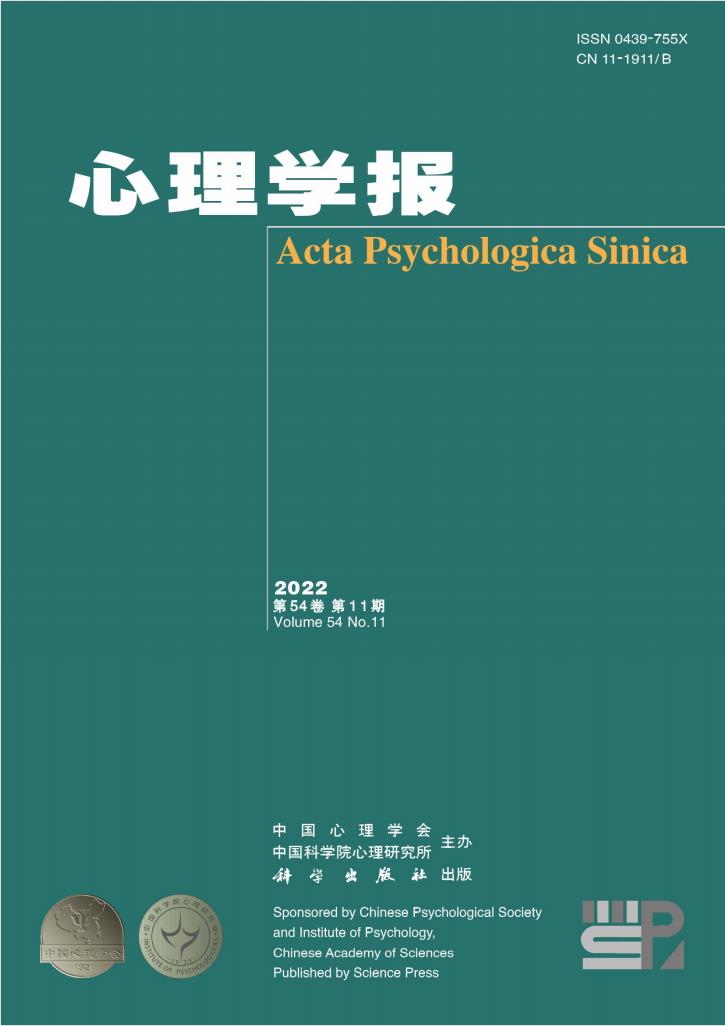语言演化与族群/方言名称对族群信息加工的影响:广东三大汉语方言
IF 1.3
4区 心理学
Q3 PSYCHOLOGY, MULTIDISCIPLINARY
引用次数: 0
摘要
广东有三大方言:广东话、潮汕话和客家话。这些方言主要形成于中原汉族南迁时期,但在语言来源、演化史、名称等方面各不相同。从语言本身来看,客家话是普通话变体最小的,粤语变体居中,潮汕方言变体最大。从语言变异完成时间来看,客家方言出现的时间最晚,其次是广东话,潮汕方言出现的时间最早。在方言名称方面,客家名称中有一个“客”的语素,它总是提醒说它的人他们的祖先来自中原,而粤语和潮汕则以每个地方命名。一个有趣的问题是,三种方言之间的差异是否会影响中原群体的说话者的信息加工。中原组的记忆效应优于非亲属组。实验2的结果表明,在激活自己民族名称时,被试的反应时间最长,但只有客家被试对河南民族的反应慢于对非亲属民族的反应。两个实验的结果都表明,三个方言群体对本群体的信息都具有加工优势,表现为本群体具有明显的参照效应和本群体信息的注意偏倚。客家被试对以“河南人”为代表的中原族群的认知与广东话、潮汕话被试的认知存在显著差异。研究结果表明,语言进化影响民族信息加工。完整地保持祖先语言的特征,加强方言与祖先语言的关系,可以增强同祖族群的认同。研究结果对华人社区意识的建构具有重要的启示意义。本文章由计算机程序翻译,如有差异,请以英文原文为准。
Language evolution and ethnic group/dialect name affecting ethnic information processing: Three major Chinese dialects in Guangdong
There are three major dialects in Guangdong: Cantonese, Chaoshan, and Hakka. These dialects mainly formed during the southward migration of the Han people in the Central Plains, but they are different in language source, evolution history, and name. From the perspective of language itself, the Hakka dialect is the smallest variation of Mandarin, Cantonese medium, and Chaoshan the largest. In terms of language-variation completion time, the Hakka dialect occurred most recently, followed by Cantonese, with Chaoshan occurring the earliest. Regarding the dialect names, a morpheme of “Ke” exists in the name Hakka, which always reminds its speakers that their ancestors are from the Central Plains, while Cantonese and Chaoshan are named after each locality. An interesting question has been whether these differences among the three dialects affect the speaker’s information processing of the Central Plains group. processing of the Central Plains group, which resulted in a better memory effect on the Central Plains group than that on the unrelated group. The results of experiment 2 showed that the participants had the longest reaction time under the condition that their own ethnic group name was activated, but only the Hakka participants responded more slowly to the Henan ethnic group than to the unrelated ethnic group. The results of both experiments indicated that all the three dialect groups had processing advantages regarding the information of their own groups that manifested in the obvious referential effect of their own groups and the attention bias of their own information. Moreover, the Hakka participants’ cognition regarding the Central Plains group represented by “Henan people” is significantly different from that of Cantonese and Chaoshan dialect speakers. The research results suggested that language evolution affected ethnic information processing. The identity of ethnic groups with the same ancestry could be enhanced by keeping the characteristics of ancestral language completely and strengthening the relationship between dialect and ancestral language. The results have important implications for the construction of Chinese Community Consciousness.
求助全文
通过发布文献求助,成功后即可免费获取论文全文。
去求助
来源期刊

心理学报
Psychology-Psychology (all)
CiteScore
1.70
自引率
13.30%
发文量
1612
期刊介绍:
Acta Psychologica Sinica (ISSN 0439-755X) is a scholarly journal sponsored by the Chinese Psychological Society and the Institute of Psychology, Chinese Academy of Sciences, and published monthly by the Science Press.
Acta Psychologica Sinica has been included in many important national and international indexing systems such as SCOPUS (Elsevier), ESCI (Web of Science), PsycINFO (APA), CSCD. It is the flagship journal of the Chinese Psychological Society that publishes peer-reviewed original empirical studies and theoretical articles spanning the entire spectrum of scientific psychology.
Acta Psychologica Sinica publishes high-quality research that investigates the fundamental mechanisms of mind and behavior and aims to deliver scientific knowledge to enhance our understanding of culture and society. It welcomes submissions of manuscripts reporting research that is up-to-date, scientifically excellent, and of broad interest and significance.
 求助内容:
求助内容: 应助结果提醒方式:
应助结果提醒方式:


